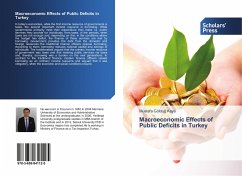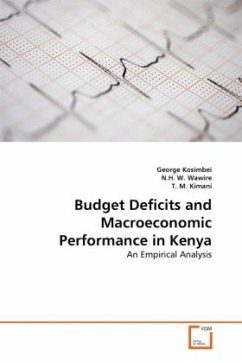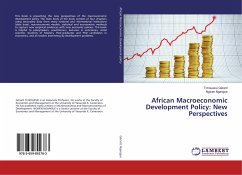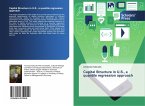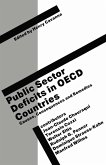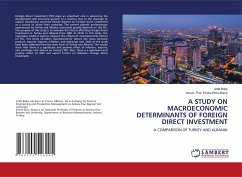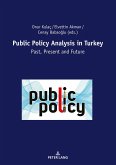In today's economies, while the first income resource of governments is taxes, the second important income resource is borrowing. While governments primarily meet their expenditure they make i.e. public services they provide for individuals, from taxes, in the periods, when taxes are not enough and, depending on this, in the conditions where the budget has deficit, the finance of these services are met by borrowing. Government provides this debt from the domestic and foreign resources.The traditional finance officers oppose borrowing. According to them, borrowing reduces national capital and savings of individuals. The traditionalists argued that the primary income resource of government was taxes and that meeting public services via taxes and, thereby, borrowing was a burden on the next generations. In contrast to the traditional finance, modern finance officers viewed borrowing as an ordinary income resource and argued that it was obligatory, when the economic and social conditions require.
Bitte wählen Sie Ihr Anliegen aus.
Rechnungen
Retourenschein anfordern
Bestellstatus
Storno

